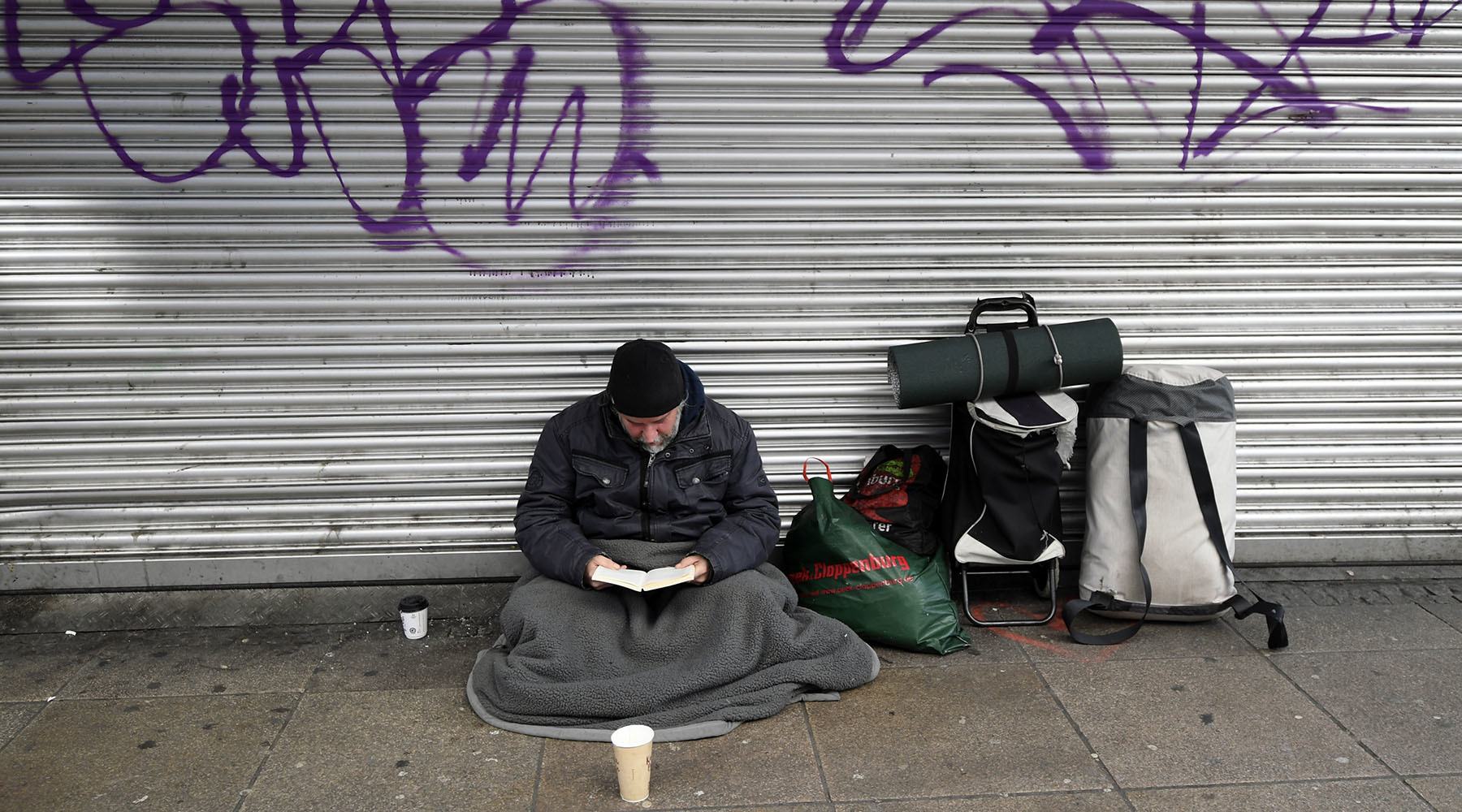The European Commission (EC) proposes to introduce a minimum wage level in the EU.
This was announced on Wednesday, September 16, by the President of the European Commission Ursula von der Leyen, speaking at a session of the European Parliament.
According to her, amid the coronavirus pandemic, many Europeans are faced with a serious drop in income, and a number of citizens do not have sufficient livelihoods.
“In fact, too many people are faced with the fact that it is no longer possible to earn a normal income by their own labor,” stressed Ursula von der Leyen.
As a result, access to the minimum wage should be provided to everyone either under the terms of collective agreements or in the manner prescribed by law, the head of the European Commission added.
Note that today each of the EU countries independently determines the minimum wage.
According to Eurostat data, in July 2020, the lowest rate was recorded in Bulgaria (€ 312 per month), and the highest in Luxembourg (€ 2142 per month).
“In the case of fixing the minimum wage in the EU, the main beneficiaries will be the states of Eastern Europe, where the level of wages traditionally does not reach the countries of Scandinavia, as well as the economic locomotives of the region - Germany and France.
At the same time, wages in the financially stable states of the union will fall, which can lead to a reduction in the well-being of residents of Western Europe, "Pyotr Pushkaryov, chief analyst at TeleTrade, explained in an interview with RT.
According to Eurostat, as a result of the consequences of the pandemic in the second quarter of 2020, the GDP of the EU countries decreased by 14.1% immediately compared to the same period in 2019.
The collapse of the indicator has become the largest over the entire observation period (since 1995).
The largest economic contraction was recorded in Spain (22.1%), France (19%) and Italy (17.3%).
In addition, the introduction of quarantine restrictions and the forced suspension of the work of a number of enterprises triggered a wave of layoffs in European countries.
Against this background, in July 2020, the unemployment rate in the euro area reached 7.9%.
The highest values were recorded in Spain (15.8%), Italy (9.7%), Sweden (9.4%), as well as Latvia and Lithuania (9%).
Different approach
Curiously, the depth of the economic recession in Russia turned out to be much less.
So, according to Rosstat, in the second quarter of 2020, the country's GDP decreased by only 8% compared to the same period in 2019.
At the same time, the unemployment rate in July amounted to about 6.3%.
“Contrary to negative forecasts, the decline in Russia was not as deep as in many countries of the world.
And the recovery processes are even more dynamic.
First of all, thanks to the timely decisions of the president and the government's actions - and, of course, the professional work of many representatives of the business community, including the financial sector, ”said Russian Prime Minister Mikhail Mishustin on September 9 on the sidelines of the Moscow Financial Forum.
According to the Accounts Chamber, the Russian government has allocated about 1.25 trillion rubles to combat the consequences of the coronavirus pandemic.
In particular, the money went to payments to the unemployed and families with children, as well as to provide soft loans for companies and entrepreneurs.
In turn, the members of the European Union in July agreed to create an anti-crisis fund in the amount of € 750 billion. The money also goes to subsidies to businesses, the payment of unemployment benefits and the restoration of enterprises most affected by the pandemic.
Meanwhile, the level of support provided was insufficient, says Artyom Deev, head of the analytical department at AMarkets.
“The governments of European countries have taken similar temporary measures to support citizens, paying various benefits and creating tools to maintain employment, but now this is no longer enough.
According to the latest polls, 53% of Europeans noted a decrease in income due to the pandemic: 30% of EU citizens had a decrease in income, and 23% lost their jobs, "Deyev said.
AFP
© Ina FASSBENDER
According to the expert, the introduction of a minimum wage in the EU will help support the material well-being of citizens and accelerate the recovery of consumer demand.
Meanwhile, the initiative will lead to an increase in the burden on the European budget.
Ivan Kapustyansky, leading analyst at Forex Optimum, expressed this point of view in an interview with RT.
“The growing budget deficit is forcing the EU authorities to borrow on external sites.
At the same time, the rise in debt risks destabilizing the financial stability of individual EU countries, such as Greece, Spain and Italy.
As a result, the European Central Bank (ECB) will have to support these states by turning on the printing press and forcibly cutting the costs of debtor states, "Kapustyansky explained.
According to the American Institute of International Finance (IIF), in the first quarter of 2020, the volume of debt of the eurozone countries (total debt of the population, companies, financial organizations and governments of the countries of the region) reached 391% of GDP.
Further growth of the indicator may result in acceleration of inflation and the formation of a bubble in the European stock market, says Alexey Korenev, an analyst at FINAM Group.
“In order to create a unified minimum wage grid, the EU authorities will have to allocate additional subsidies to some members of the union, which are nowhere to be found. Then the government will borrow this money from local investors or from world credit institutions at a high interest rate. As a result, the initial purpose of the infusions, which was the desire to accelerate the economy and help citizens, could cause the crisis to deepen and inflation risks to rise, "the expert explained in an interview with RT.

